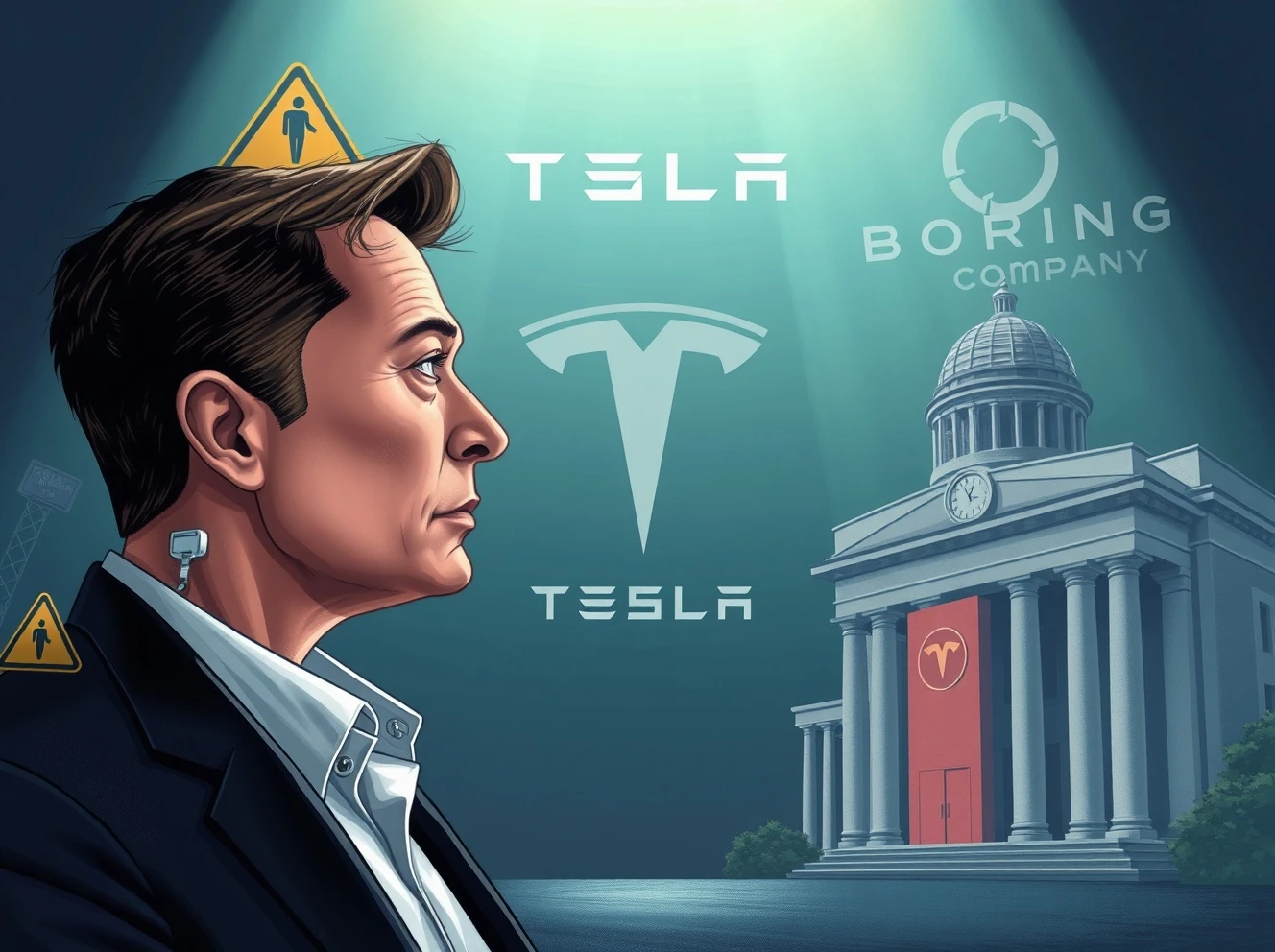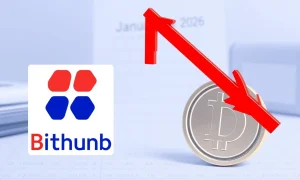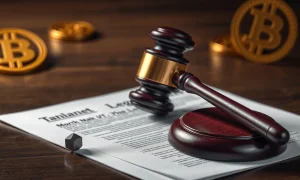Elon Musk’s companies face mounting regulatory pressure as Tesla’s Full Self-Driving technology comes under federal investigation and The Boring Company confronts hundreds of violations in Nevada. This escalating conflict between innovation and regulation could reshape the future of transportation technology.
Elon Musk Regulators Target Tesla’s Autonomous Technology
The National Highway Traffic Safety Administration launched a significant investigation into Tesla’s Full Self-Driving software. Consequently, this probe follows reports of vehicles running red lights and crossing into wrong lanes. Meanwhile, Tesla continues rolling out FSD version 14 despite increased regulatory scrutiny. The company’s autonomous ambitions face critical testing as Elon Musk regulators intensify their examination.
Nevada Regulators Cite Boring Company Violations
Nevada authorities identified nearly 800 violations by The Boring Company. Key issues include:
- Unauthorized digging operations
- Dumping untreated water on city streets
- Failure to install required silt fences
- Construction site dirt tracking onto roadways
These findings emerged from a ProPublica investigation, highlighting ongoing tensions between Elon Musk regulators and his infrastructure ventures.
California Insurance Regulators Take Action
California’s Department of Insurance enforced action against Tesla’s insurance operations. The company allegedly denied or delayed customer claims despite repeated warnings. This development marks another front in the battle between Elon Musk regulators and his expanding business empire. Tesla operates as an insurance provider in several states, adding regulatory complexity.
Autonomous Vehicle Competition Intensifies
General Motors advances its autonomous vehicle development using repurposed Chevy Bolt EVs. The company reportedly builds AV teams in Austin and Mountain View. Meanwhile, GM rehires laid-off Cruise employees, signaling renewed commitment to autonomous technology. This competitive landscape unfolds as Elon Musk regulators scrutinize Tesla’s similar ambitions.
Industry Developments and Funding Updates
Several transportation companies secured significant funding and formed partnerships:
- Joby Aviation raised $514 million for eVTOL certification
- Futurail secured €7.5 million for autonomous train technology
- DoorDash partnered with Serve Robotics for autonomous deliveries
- Lyft announced robotaxi collaboration with Tensor Auto
These developments occur alongside ongoing regulatory challenges facing Elon Musk regulators and the broader industry.
California Legislative Changes Impact Ride-sharing
Governor Gavin Newsom signed legislation granting Uber and Lyft drivers unionization rights. This policy shift represents another regulatory development affecting transportation technology companies. The measure provides independent contractors with collective bargaining capabilities, potentially influencing how Elon Musk regulators approach similar workforce issues.
Frequently Asked Questions
What specific violations did The Boring Company commit?
Nevada regulators cited nearly 800 violations including unauthorized digging, dumping untreated water, failing to install silt fences, and tracking construction dirt onto public roadways.
Why is NHTSA investigating Tesla’s Full Self-Driving?
The investigation follows reports that FSD software caused vehicles to run red lights and cross into wrong lanes, raising safety concerns about the autonomous technology.
How does Tesla’s insurance business face regulatory issues?
California’s Department of Insurance took enforcement action against Tesla for routinely denying or delaying customer claims despite previous warnings from state regulators.
What are the implications of GM’s autonomous vehicle development?
GM’s progress with repurposed Cruise vehicles and team expansion indicates intensified competition in autonomous technology, potentially affecting how regulators approach the entire industry.
How might unionization rights affect transportation companies?
California’s new law granting ride-share drivers unionization rights could establish precedents affecting workforce regulations across the transportation technology sector.
What regulatory challenges do eVTOL companies face?
Companies like Joby Aviation must navigate complex certification processes while securing funding for manufacturing and commercial operations, similar to regulatory hurdles facing Elon Musk’s ventures.







